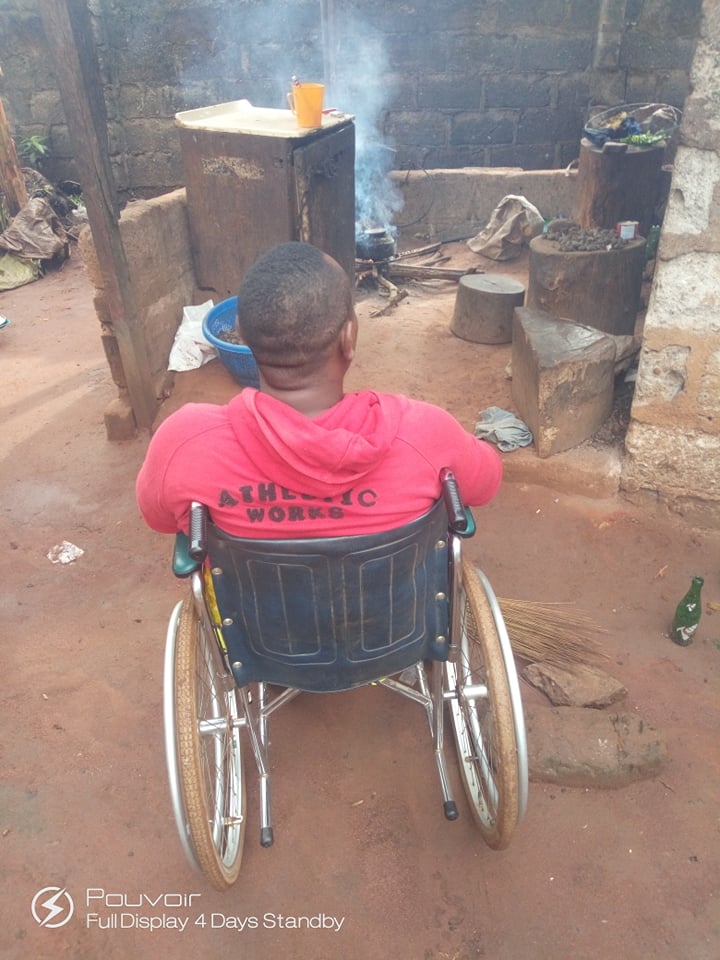
Societal stigma is the disapproval of, or the discrimination against an individual based on there social characteristics that serves to distinguish them from the other member of the society, societal stigma are mostly related to culture, race and gender etc.
People with spinal cord injury in Nigeria can attest to societal stigma at every point of their lives.
Factors that are mostly responsible to these in Nigeria are mostly culture and gender related. In my first year as a person living with spinal cord injury, for six months I was afraid to go out or associate with anyone. After this period of hard feelings for me, I decided to come out of my shell. I wanted to defeat the idea of staying home alone because of being discriminated against by people in my living compound.
On one occasion, I was going out when I noticed a pregnant woman who by virtue of circumstance was coming in my direction. She suddenly took to her heel. I enquired of what could have prompted her to take such action against me without having any cause of alarm. I found out that many people in my culture believe that if a pregnant woman encounters a person with a disability, she will end up giving birth to a deformed child. It was due to this fear that she ran away, thinking to preserve the health of her unborn child.
When she ran, I felt embarrassed. There are people with me who nodding their heads in approval of the pregnant lady’s action. I felt even more insecure. Unsure of where my life was heading. I realized that it was our culture that made her behave in that manner.
After that incident, I stayed indoors for a year, in fear of how I would be stigmatized if I were to go out again. There could be bad behavior directed towards me for no legitimate reason. I have had to live with this ordeal of spinal cord injury for many years. I can assure you that this negative perception is dangerous. It has eaten down deep into the lives of any person who has a disability of one type or another.
If someone is to become paralyzed, he or she is likely to be deterred from social participation. Opportunities to be involved and engaged in life events with family and friends, work, and leisure activities are quite restricted. Given the high visibility of a wheelchair user, this continual experience of stigma is profound. It has serious detrimental effects on the person’s well being and quality of life.